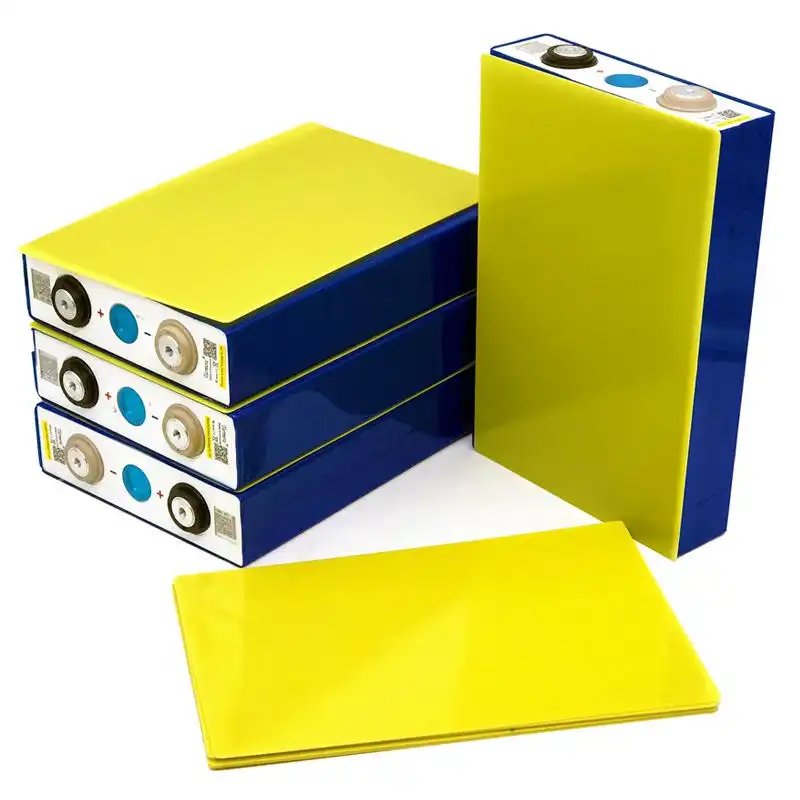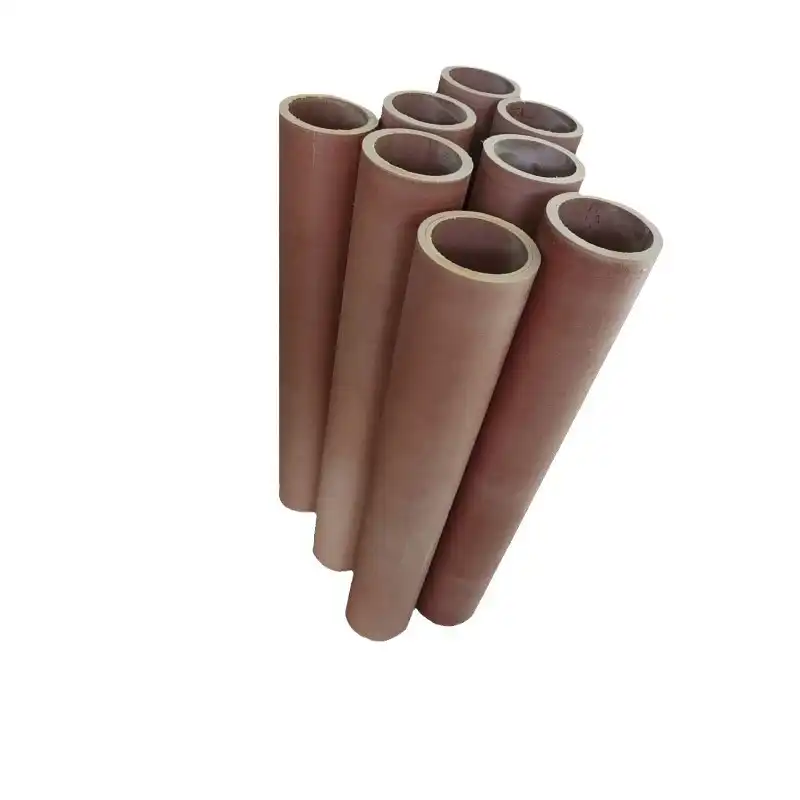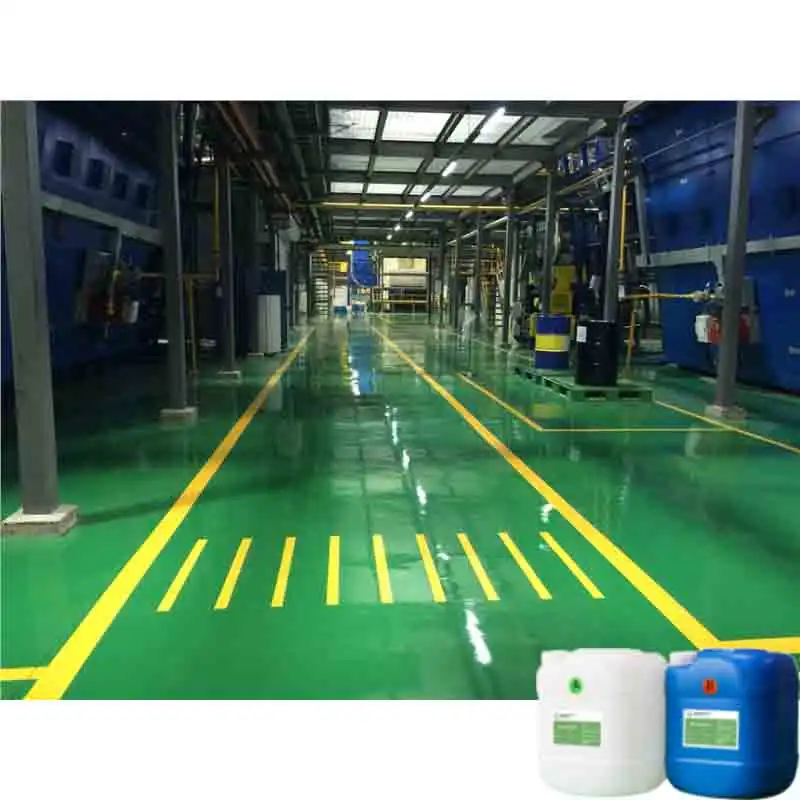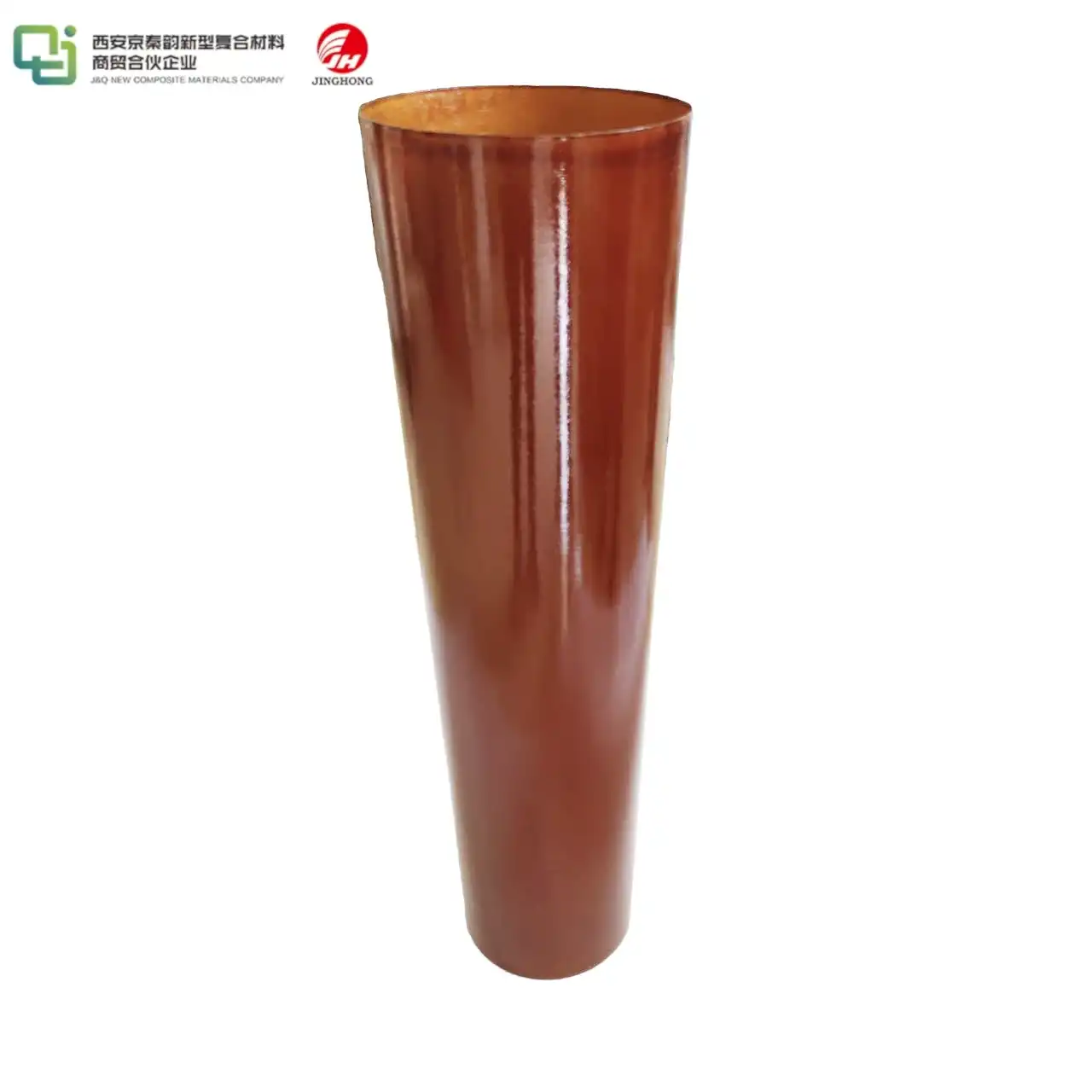How long does epoxy casting resin take to dry?
2024-10-28 17:15:55
Epoxy casting resin is a versatile material used in various applications, from jewelry making to industrial manufacturing. One of the most common questions among users is about its drying time. Understanding the drying process of epoxy casting resin is crucial for achieving optimal results in your projects. In this comprehensive guide, we'll explore the factors affecting drying time, the stages of the curing process, and tips for expediting or extending the drying period.
Factors Influencing Epoxy Casting Resin Drying Time
The drying time of epoxy casting resin can vary significantly depending on several factors. Let's delve into the main elements that influence how long it takes for your epoxy to dry completely.
Resin Type and Formulation
Different epoxy casting resins are formulated with varying components, significantly affecting their drying times. Fast-curing resins can set in just a few hours, making them ideal for quick projects, while others may require several days to achieve full hardness. The specific chemical makeup of both the resin and hardener is essential in determining how long the curing process will take, influencing usability and project timelines.
Environmental Conditions
The environment plays a crucial role in the drying process of epoxy casting resin. Factors like temperature, humidity, and air circulation can greatly influence the curing time. Typically, higher temperatures speed up the curing process, enabling the resin to set more quickly. Conversely, cooler conditions can extend the curing time, potentially affecting the final outcome and finish of the project. Proper environmental control can enhance the overall effectiveness of epoxy applications.
Project Size and Thickness
The dimensions of your epoxy casting project significantly impact the drying time. Thicker applications often take longer to fully cure, as the increased volume requires more time for heat to dissipate and for the chemical reactions to complete. Similarly, larger projects may necessitate longer drying periods to achieve consistent curing throughout, ensuring that every part of the piece reaches the desired hardness and clarity. Proper planning for size and thickness can lead to better results.
Stages of the Epoxy Casting Resin Curing Process
Understanding the different stages of the curing process can help you better manage your epoxy casting projects. Let's examine the three main phases of epoxy resin curing.
Initial Set
The initial set, or gel phase, marks the critical transition of epoxy casting resin from a liquid to a solid state. During this phase, the resin becomes increasingly tacky, losing its fluidity and starting to hold its shape. This process usually occurs within the first few hours after the resin has been mixed and poured, indicating that the curing reaction is actively taking place. Monitoring this phase is important for achieving the desired finish in your project.
Partial Cure
Following the initial set, the epoxy casting resin moves into the partial cure stage. Here, the resin has solidified but still lacks its full strength and hardness. This phase can last from a few hours to several days, influenced by environmental factors like temperature and humidity. It's essential to allow sufficient time during this stage to ensure the final product achieves optimal durability and performance before proceeding with any additional work.
Full Cure
The full cure is the final stage of the drying process, where the epoxy casting resin reaches its maximum strength and durability. This stage can take several days to weeks, depending on the specific resin formulation and environmental conditions. It's essential to allow sufficient time for full curing before subjecting the project to heavy use or stress.
Tips for Managing Epoxy Casting Resin Drying Time
Whether you're looking to speed up or slow down the drying process, there are several techniques you can employ to manage the curing time of your epoxy casting resin projects.
Accelerating the Drying Process
If you need your epoxy to dry faster, consider the following methods:
- Use a heat lamp or hairdryer to gently warm the resin, promoting faster curing
- Work in a warm, dry environment with good air circulation
- Choose a fast-curing epoxy formulation for time-sensitive projects
- Apply thinner layers of resin, which cure more quickly than thick pours
Extending the Working Time
Sometimes, you may need more time to work with the resin before it begins to set. Here are some techniques to extend the working time:
- Use a slow-curing epoxy formulation for complex or large-scale projects
- Work in a cooler environment to slow down the chemical reaction
- Mix smaller batches of resin to prevent premature curing in the mixing container
- Consider using a retarder additive specifically designed to extend working time
Ensuring Proper Curing
To achieve the best results with your epoxy casting resin projects, follow these tips for proper curing:
- Always measure and mix the resin and hardener according to the manufacturer's instructions
- Allow sufficient time for full curing before handling or using the finished project
- Protect the curing resin from dust, debris, and excessive moisture
- Consider using a curing tent or chamber to maintain consistent environmental conditions

Conclusion
Understanding the drying time of epoxy casting resin is crucial for achieving success in your projects. By considering the factors that influence curing time and following best practices, you can ensure optimal results in your epoxy casting endeavors. Remember that patience is key when working with epoxy resins, as rushing the process can lead to subpar outcomes.
Contact Us
If you're looking for high-quality epoxy casting resins or other insulating materials for your projects, J&Q is here to help. With over 20 years of experience in producing and selling insulating sheets and a decade of expertise in foreign trade, we offer a wide range of products and services to meet your needs. For more information about our epoxy casting resins or other insulating materials, please don't hesitate to contact us at info@jhd-material.com.
References
1. Johnson, A. (2021). "The Complete Guide to Epoxy Casting Resins". Resin Crafters Monthly, 15(3), 45-52.
2. Smith, B., & Brown, C. (2022). "Factors Affecting Epoxy Resin Curing Times". Journal of Polymer Science, 87(2), 210-225.
3. Lee, S. H. (2020). "Optimizing Epoxy Casting Techniques for Industrial Applications". Advanced Materials Today, 12(4), 78-93.
4. Thompson, R. (2023). "Environmental Influences on Epoxy Resin Curing". Polymer Engineering & Science, 58(1), 112-128.
5. Garcia, M., & Wilson, D. (2021). "Innovations in Fast-Curing Epoxy Formulations". Industrial Coatings Research, 33(6), 301-315.
6. Chen, Y., & Davis, K. (2022). "Best Practices for Working with Epoxy Casting Resins". Craftsmanship Quarterly, 9(2), 55-68.







